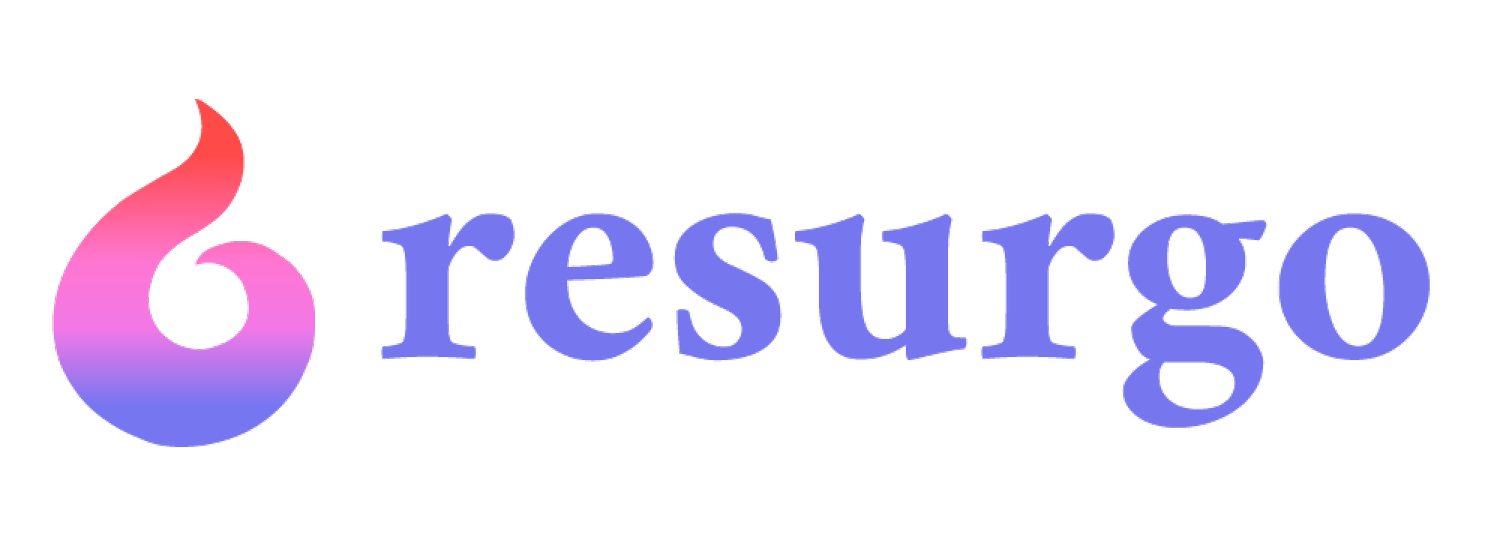3 reasons you won’t hear us calling you a #bossbabe
The thing about the boss babes is that they sell you empowerment but actually perpetuate harm, in these three big ways:
ONE: Notice that they are mostly white, slender, blonde, 20 somethings that meet European beauty standards?
The boss babe culture perpetuates fatphobic, ableist, ageist, and racist norms when we don’t see any bodies other than the stereotype. Women need better representation - we need to see ourselves in the media and on the internet - and if we don’t, it creates poor mental health outcomes.
TWO: Notice how a lot of women embracing the so-called boss babe culture look a lot like Barbie?
..remember, the doll with the anatomically impossible proportions?
Trying to fit in with a culture of very thin women is linked to – at it’s worst – life-threatening eating disorders like anorexia, orthorexia & bulimia, — and at it’s best – body dysmorphia.
Plus, this kind of messaging, that strong, fierce, brilliant, competent women are simply “babes” further reinforces the objectification of women which is linked to an increase in domestic violence.
THREE: Notice how we are expected to be pretty to be successful?
Women already spend about an hour a day getting ready and spend an average of 6 figures over their lifetime on their looks.
These are resources we could be used for literally anything else. Yet, most women feel beauty labour, or the third shift, is necessary. And we aren’t wrong - the concept of being professionally pretty as a requirement for employment and access to resources has been enshrined in US law for decades.
These are a few of the reasons we will not reduce you, our incredible community members, to a harmful stereotype. We are more than our bodies. We deserve safe spaces away from the relentless pressure to be fit a generic mold. We deserve to be seen and supported for the whole, complex, messy creatures we are.
If you’d like to get an invite when our community launches, sign up here: www.resurgo.app/sign-up
All statement sources are available in The State of Female Entrepreneur Mental Health

